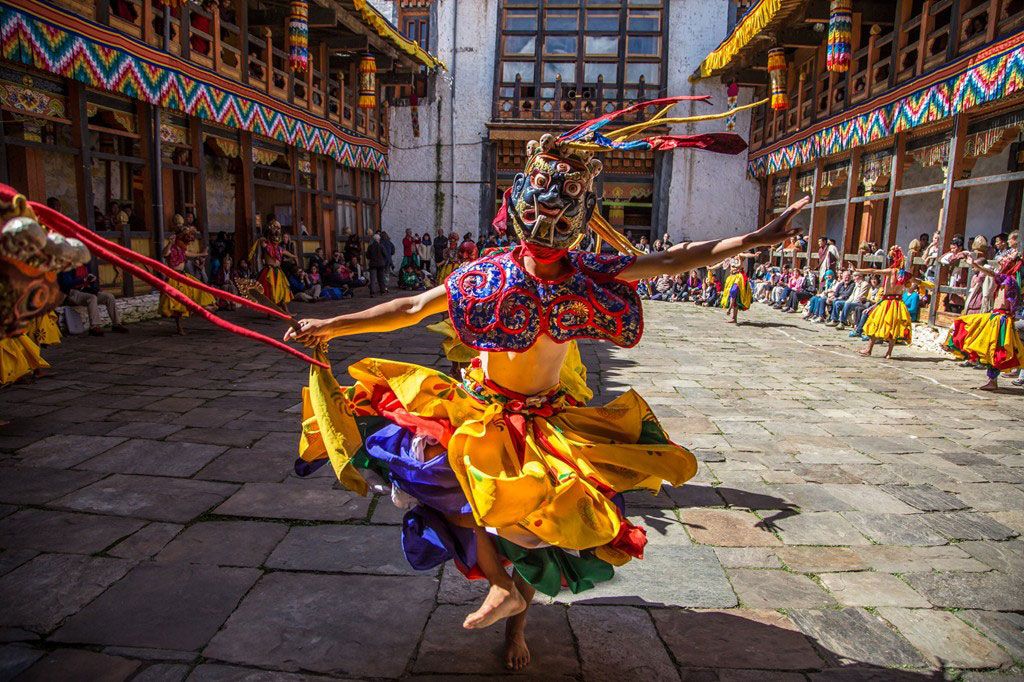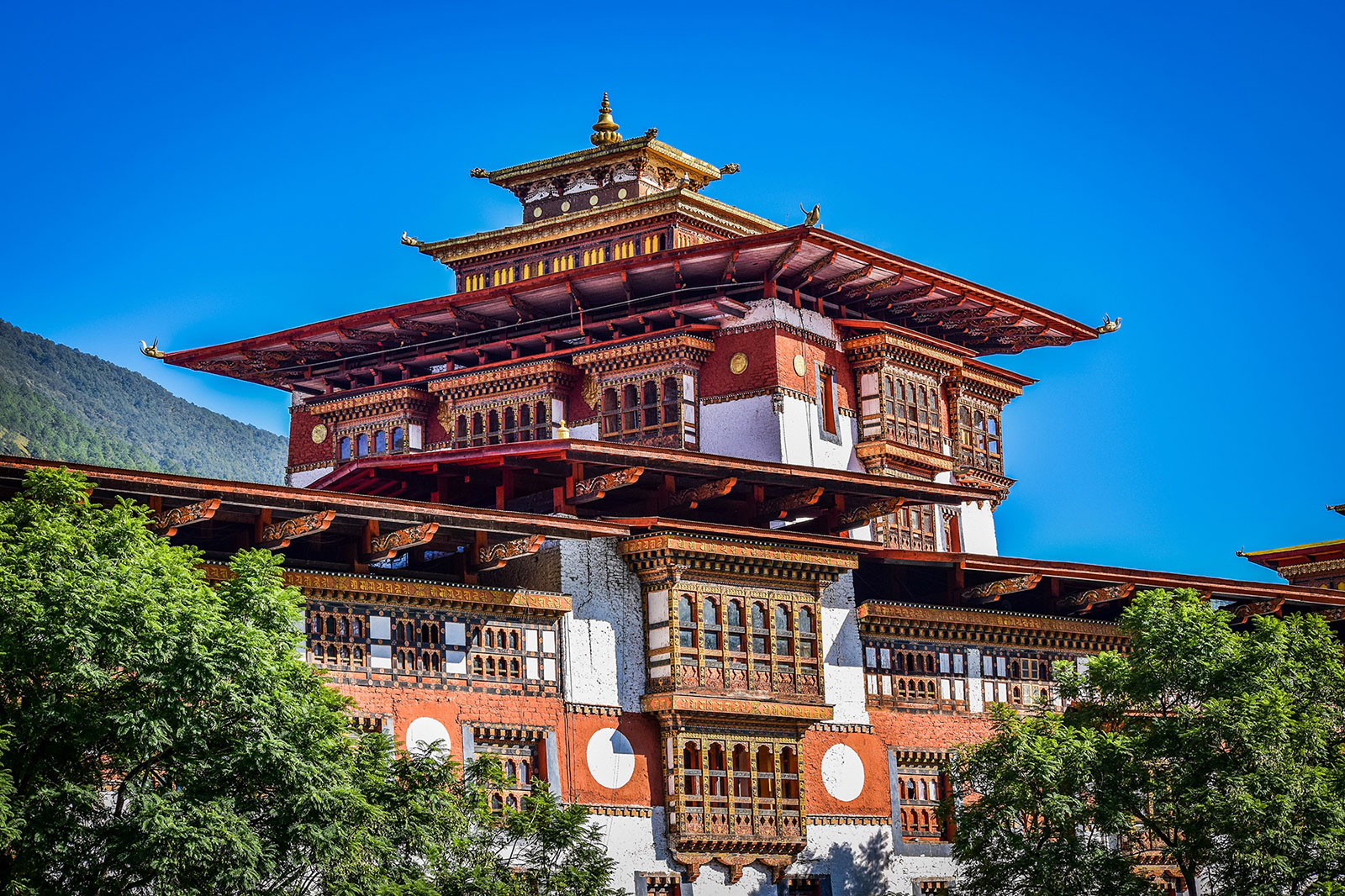The Bhutan nomads of the highlands normally retire from herding profession before 60 years. The retirees seek better and comfortable life in villages and towns. However, Ap Boep, 60, is an exception. He has forgone the tradition and has decided be in the mountains.
Ap Boep is neither in a position to herd yaks nor is he not ready to settle down in a valley. Rather, Ap Boep finds it difficult to comprehend lives of the others, who settle down in lower valleys. It is hard to find a man his age in Dagala. By the late 50s, most men and women settle down in Chamgang in Thimphu and Chapcha in Chukha, which are closer to health centres.
He is one of the oldest men residing in Wasuchen in Dagala, which is at least two days walking distance from Genekha in Thimphu. With just about a handful of stone made makeshift huts, Wasuchen is a small chiwog behind Pagalabtsa, a pass at an altitude of about 4300m.
Originally he is from Chapcha but, at the age of 19, he married and moved to Dagala with his wife.
The only time he lives in the villages is during winter when he migrates with his yaks.
He takes pride in owning more than 100 yaks. He said, in the past, wealth in the highlands was measured by the number of cattle owned. More the number of yaks, richer the families.
Ap Boep and his wife have two daughters and a son, but only the eldest daughter and her husband with two kids lives with them.
“My daughter gave birth to four children, but only two survived,” he said.
Unable to herd yaks, Ap Boep babysits his six-year old grandson and three-year old granddaughter. “My son-in-law has to herd the yaks and it’s difficult for my daughter, to look after the children since she isn’t healthy,” he said.
So Ap Boep’s wife cooks, while their daughter fetches firewood.
Besides the yaks, the family also has a few horses for transportation. “The people in the villages takes turn to go to Thimphu to sell dairy products and bring back rations and other necessities,” he said.
“When it’s our turn, our son-in-law makes the trip,” he said.
While still away from the comforts that life in villages and town offer, Ap Boep said the lives of the nomads have also changed substantially compared with before.
“To do housework we had to rely on sun before,” he said. “Now solar lights have made possible working during night too.”
The lights, he said, were provided by the government.
Mobile connectivity has also eased their lives. “I remember travelling from Chapcha all the way to Wasuchen just to find out if my family was in good health,” he said, adding mobile phone has made the job easier now.
Earlier, there were more people living in the highlands and he said that the number has dropped since last three to four years. “Even my own siblings have moved out of the highland,” he said.
No matter how hard the life is in the highland, he believes that moving out of his ancestral home is not the solution. “We can’t abandon the family inherited home and the yaks just because of the harsh conditions here,” he added.









